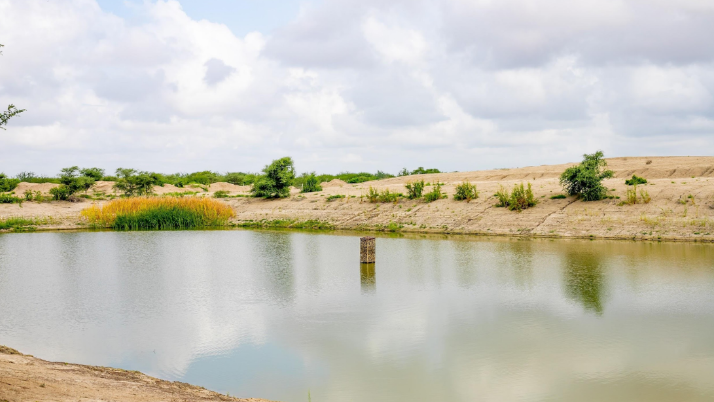
- Securing Kenya’s Water Future: A Call for Integrated and Innovative Water Governance
By Philip Holi,
Water, fundamental to human well-being and socioeconomic progress, is facing unprecedented pressures globally. Kenya, like many nations, is experiencing the consequences of a destabilized hydrological cycle driven by climate change, rapid urbanization, and unsustainable land use practices. These challenges necessitate a critical re-evaluation of water management, governance, and valuation frameworks.

The Global Water Crisis and its Implications for Kenya;
Kenya’s water scarcity is not an isolated challenge; it is inextricably linked to a broader global water crisis demanding collective action.
Water transcends geographical boundaries, connecting us through shared rivers, lakes, and aquifers (“blue water”), as well as atmospheric flows and soil moisture (“green water”).
This interconnectedness underscores the far-reaching impacts of water management decisions, highlighting the need for collaborative and integrated approaches.
Rethinking Water Governance in Kenya
Historically, water governance in Kenya has focused on managing “blue water” resources. However, this approach overlooks the critical role of “green water” in sustaining ecosystems and livelihoods. Protecting and restoring Kenya’s forests, wetlands, and soil moisture reserves is essential for building resilience to climate change and ensuring long-term water security.
Towards a Holistic Water Governance Framework;
To safeguard Kenya’s water future, a paradigm shift towards integrated water resource management is required. This entails:
Recognizing Water as a Global Common: Promoting stronger regional cooperation and transboundary water-sharing agreements to ensure equitable and sustainable water resource utilization.
Adopting an Integrated Approach: Managing both blue and green water resources, while simultaneously addressing the interconnected challenges of climate change, biodiversity loss, and ecosystem degradation.
 Policy and Investment Priorities for Water Security;
Policy and Investment Priorities for Water Security;
Key policy shifts and investments are crucial to achieving sustainable water management in Kenya:
Promoting Regenerative Agriculture: Supporting the adoption of agricultural practices that enhance soil moisture retention and optimize water use efficiency, contributing to both food security and water conservation.
Harnessing Technological Innovation: Leveraging advancements in water-efficient technologies, including solar-powered irrigation systems, solar desalination, smart water management tools, and IoT-based solutions, to optimize water use in urban and rural environments.
Fostering Public-Private Partnerships: Encouraging collaboration between the public and private sectors to unlock investments in water infrastructure development and innovation, particularly in water-stressed regions.
Empowering Communities and Promoting Water Literacy: Engaging local communities in water conservation efforts, raising awareness about water-saving practices, and ensuring inclusive participation in water governance decision-making processes.
 A Collaborative Path Towards Water Security;
A Collaborative Path Towards Water Security;
Securing Kenya’s water future necessitates a collective commitment to recognizing water as a shared resource and managing it sustainably. By embracing integrated water governance frameworks, valuing water appropriately, and investing in innovative solutions, Kenya can ensure water security for present and future generations.

Through collaborative action and proactive measures, Kenya can emerge as a leader in sustainable water management, transforming water scarcity challenges into opportunities for resilience and prosperity.
- The Author is the Technical Director at Davis & Shirtliff









